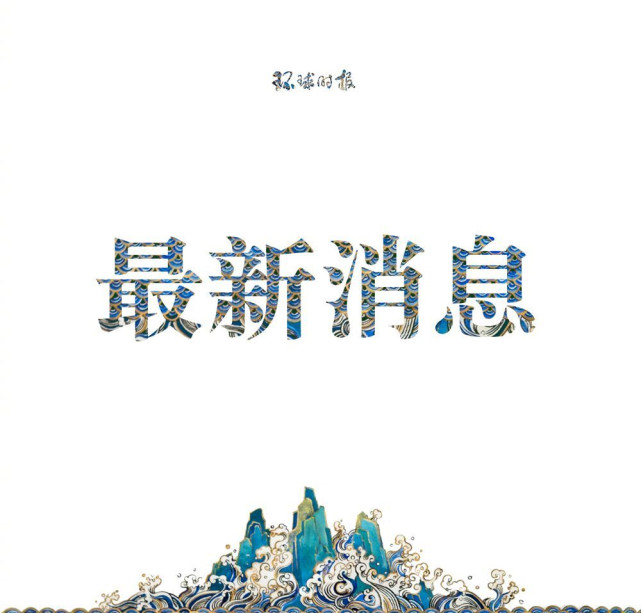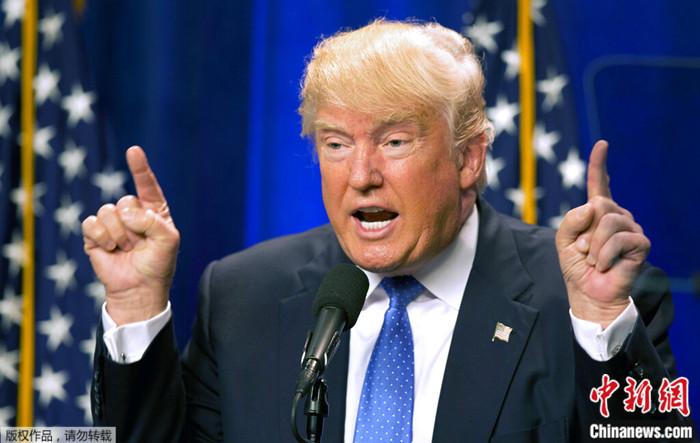Abe's assassination and death have influenced geometry on Japan's economy?
Author:Zhongxin Jingwei Time:2022.07.08
Zhongxin Jingwei, July 8th (Wang Lei Song Yafen) The former Prime Minister of Japan was shot during his speech on the morning of the 8th, and then died due to excessive injuries. On the day of the Nikkei 225 index, the news was shocked by this news, but it was slightly closed; the yen also appreciated slightly. On the day, the US dollar fell against the Japanese yen to 0.46%, as of the 19:00 report 135.88. The shooting occurred during the sensitive period before the school election, which caused market imagination.
"Japanese society and politics are relatively stable, and this matter is very extreme. Maybe everyone has to discover the reasons behind it. However, this may mean re -understanding of the Japanese economy, especially for Abe's economics." Oriental Securities Chief of Eastern Securities. Economist Shao Yu said in an interview with the Sino -Singapore Jingwei Research Institute that at present, Japan is in a very embarrassing situation, the loose policy cannot withdraw, the exchange rate has dropped significantly, and the economy may have entered a significant recession. In this case, emergencies may have a brief impact on the Japanese economy and stock market.
Why do the Nikkei 225 index dive after the assassination?
Yang Delong, Chief Economist of Qianhai Open Source, said in an interview with the Sino -Singapore Jingwei Research Institute that when Abe's assassination of the Nikkei Index diving is the normal response of the stock market to the incident. Although the detailed reasons for Abe's assassination need to wait for the police to announce it, this is also this. It reflects that there is controversy in Abe itself in Japan, there are many unshakable factors in Japan, affecting investors' confidence in the future development of the Japanese economy, which has caused a decline in the Japan -Economy Index.
In addition, Xue Hongyan, deputy dean of the Star Treasure Institute, believes that at present, in the context of the major European and American central banks' interest rate hike fighting against inflation, the Bank of Japan has chosen to relax against the trend, increase capital outflow pressure, and increase the power of global capital to short. , Japanese Treasury Treasury has continued to be sold in international capital, and Japan's risk of double killing of stock bonds has increased. In this context, the emotions of the Japanese stock market investors have become very sensitive and fragile, and it is easy to respond to emergencies, causing a substantial fluctuation in the market.
"Of course, the decline caused by this incident is often short -term. The long -term trend depends on the future economic development of Japan. The long -term influencing factors of the stock price depends on the fundamental fundamentals." Yang Delong said.
Why did the Japanese yen exchange rate appreciate slightly?
The former Prime Minister Abe was assassinated, and the yen changed to a recent plunge and stepped out of a slightly appreciated market. The yen rose with Japanese Treasury bonds, and the yen rose 0.5%against the US dollar. Some market participants believe that this reflects not that everyone agrees with the sharp depreciation of the yen and re -expanded the currency, and some people think that the Bank of Japan's super loose monetary policy may lose support.
However, Xu Sitao, the chief economist of Deloitte, said in an interview with the Sino -Singapore Jingwei Research Institute that the small rebound of the 19th yen is only a short -term fluctuation of the market, which is not meaningful for the long -term trend of the Japanese exchange market. Substantive influence.
Since 2022, the Federal Reserve raised interest rates to inhibit inflation, while the Bank of Japan still insisted on maintaining interest rates unchanged to boost the Japanese economy, which made the yen the worst currency in G10 currency in 2022. At the end of June, the middle price of the yen fell below 137 to the US dollar; as of July 4, the exchange rate of the yen against the US dollar had depreciated by more than 20%since 2022.
Xu Sitao said that the current Japanese economy is recovering. Except for energy price factors, in fact, Japan's domestic inflation level is not high; and Japan is a large debt country, and the depreciation of the yen has little impact on it. The level and economic volume in the world are different from the time. Japan's influence is not as good as the past, and the depreciation of the yen has declined on the global financial market. For Japanese companies, it will not lead to moving the factory back to China.
Xu Sitao pointed out that the dislocation of monetary policy in Japan and Europe and the United States is one of the main reasons for the severe changes in the yen exchange rate. He believes that Japan will continue to be super loose monetary policy and maintain low interest rates. In addition, the Japanese government's debt level is high, and interest rate hikes will bring higher interest rate pressure.
"Abe Economics" comes to an end?
Japan has mixed trustees in Abe. As the longest prime minister in Japan, although the "Abe Economics" claimed to help Japan breaks through, the gap between the rich and poor society has been strongly dissatisfied with many people.
At the end of 2012, Shinzo Abe served as the Prime Minister of Japan and launched the "three arrows" of "Abe Economics", namely radical loose monetary policy, positive fiscal policies, and structural reforms to promote growth. During his tenure, the "20 years lost" that promoted Japan's economy with a depreciation of the yen, set foot on the road of recovery.
Market analysts believe that Shinzo Abe has always supported the Bank of Japan's super loose monetary policy, but the superimposed Japanese technical facilities are very complete, severe aging, and a certain failure in Japan's industrial upgrading. "Abe Economics" cannot exert its due effect. In particular, the Russian -Ukraine conflict disrupted the world economy, global inflation has intensified, and US debt yields rapidly climbed to trigger the sharp depreciation of the yen exchange rate, which combat Japan's current weak economic recovery motivation.
Shao Yu believes that "Abe Economics" advocates currency looseness, stimulating exports to a certain extent, and also boosted to the stock market. But "Abe Economics" may also come to an end after the assassination. However, the negative impact of unlimited width policy on the economy also requires a generation of Japanese to bear. The current situation of lack of vitality in Japan will continue.
"But in general, the role of 'Abe Economics' has a positive role in the Japanese economy." Xu Sitao said, dialectically, the Japanese economic development is still affected by multiple aging, wealthy society, and cultural factors.The current policy is also a comprehensive result of these factors. Although it continues "Abe Economics" to a certain extent, it is in line with Japan's current economic status.(Zhongxin Jingwei APP) This article is original by the Sino -Singapore Jingwei Research Institute, and the copyright of Zhongxin Jingwei. Without written authorization, no unit or individual may be reprinted, extract or use in other ways.
Editor in charge: Sun Qingyang
Pay attention to the official WeChat public account of JWVIEW (JWVIEW) to get more elite financial information.
- END -
"We can't be isolated China"

The German Frankfurt Review website published an article entitled We Can't Occaria...
U.S. riots investigation: there is enough evidence to perform criminal allegations to Trump

Chinanews.com, June 14th. Comprehensive US media news. On the 12th local time, mem...